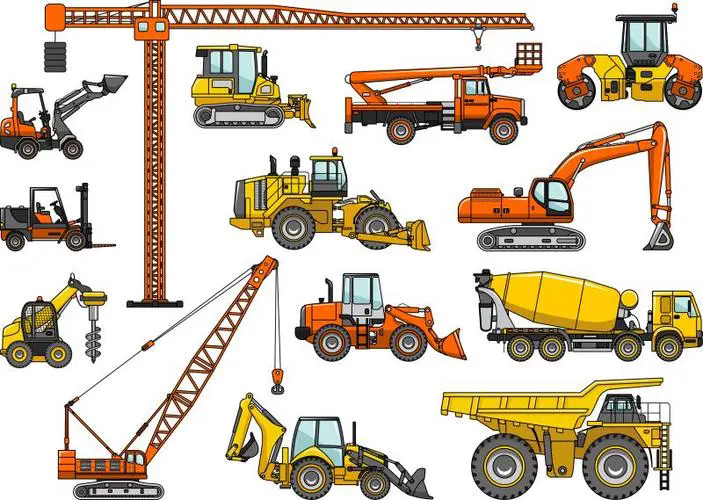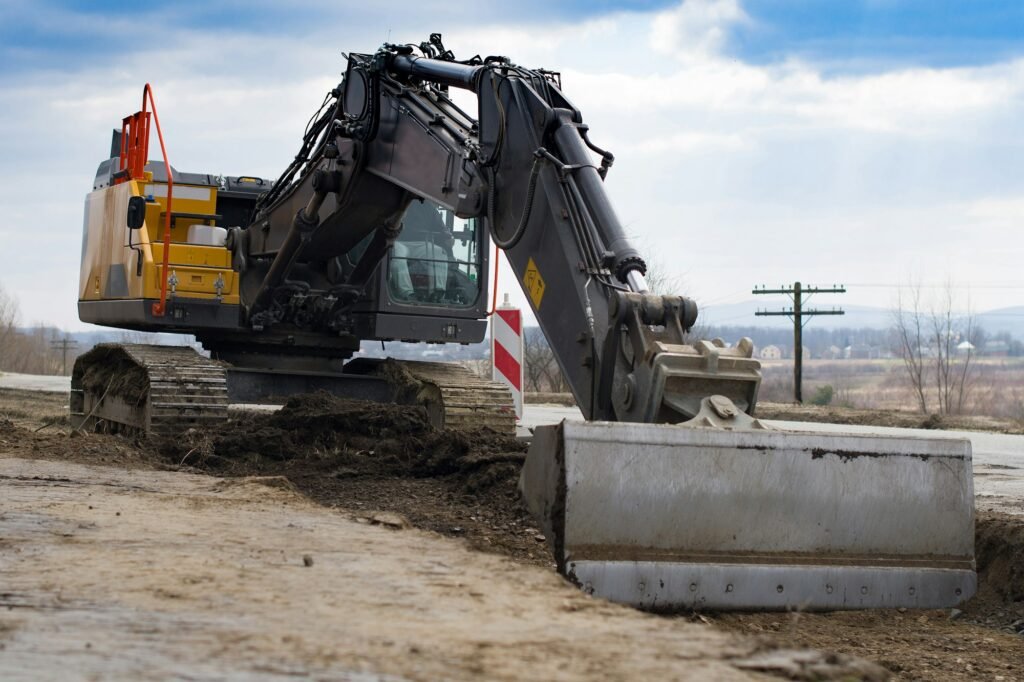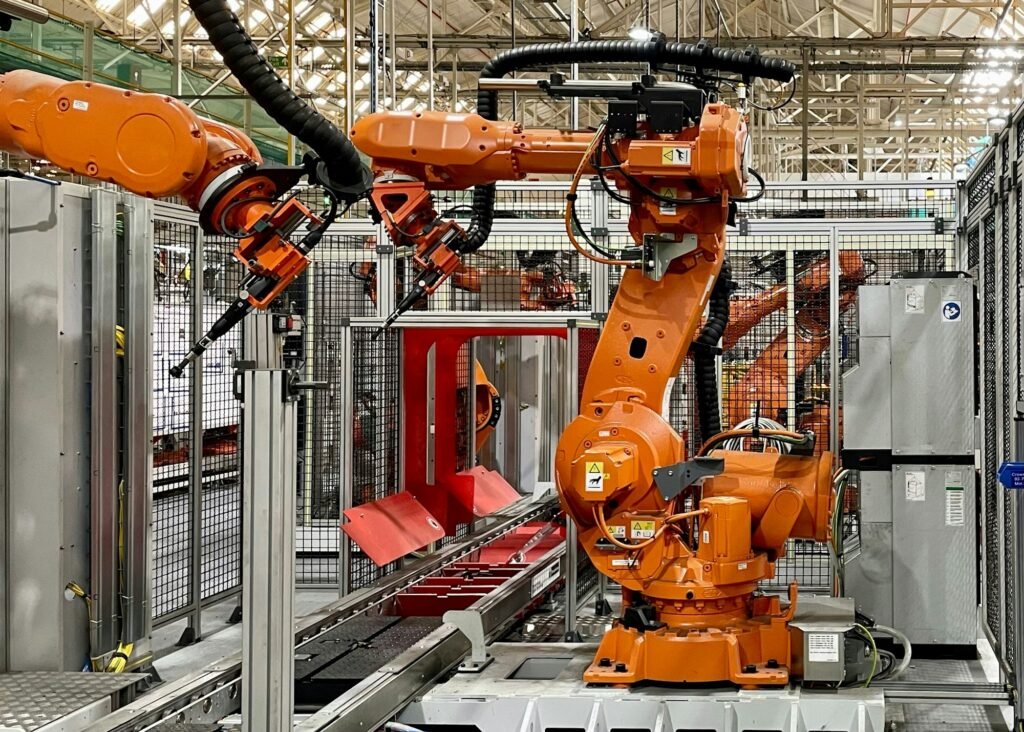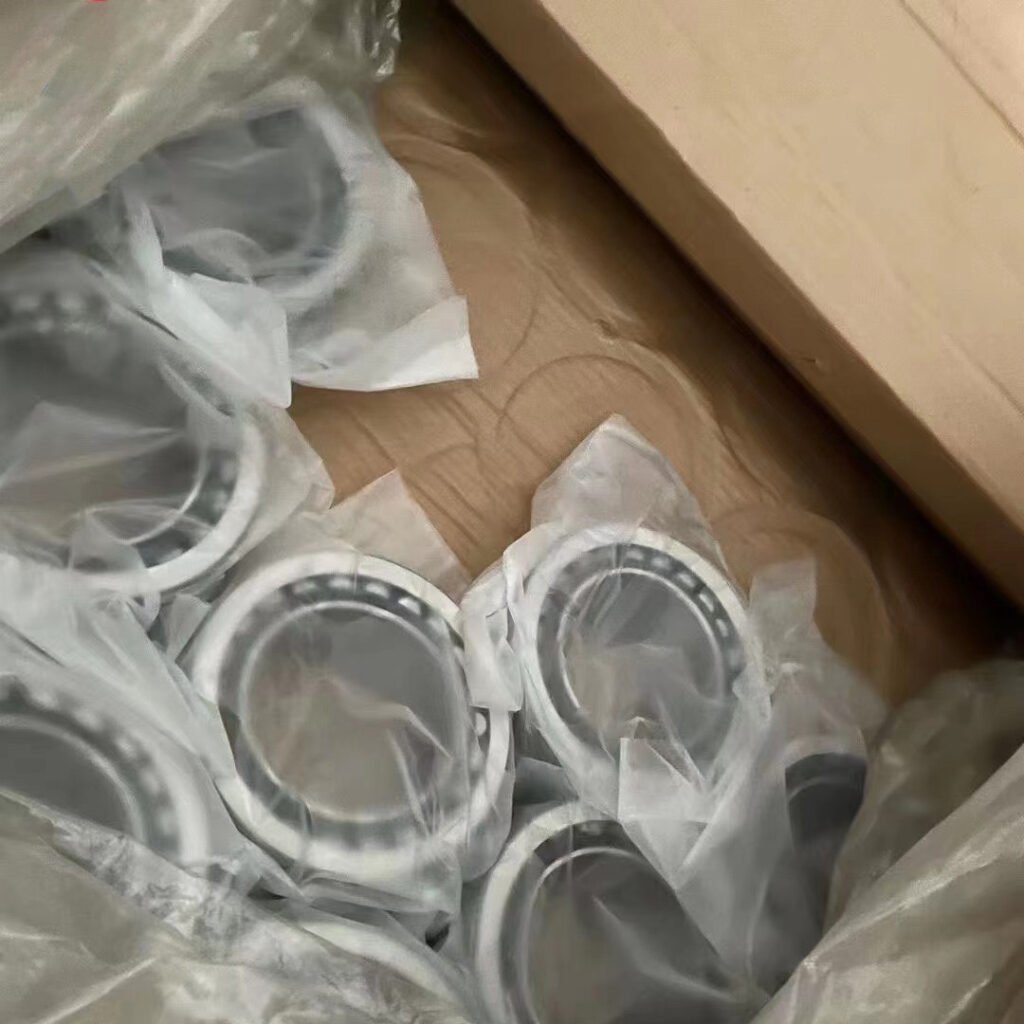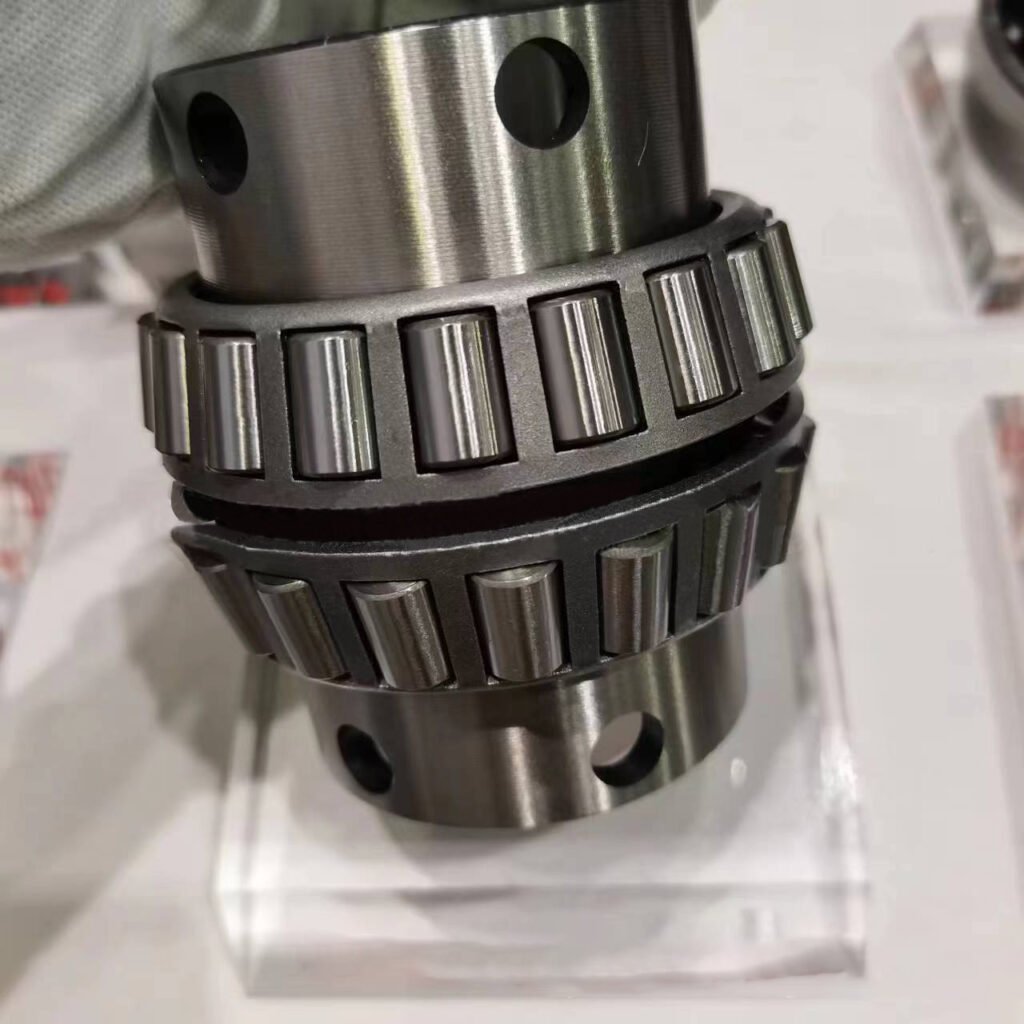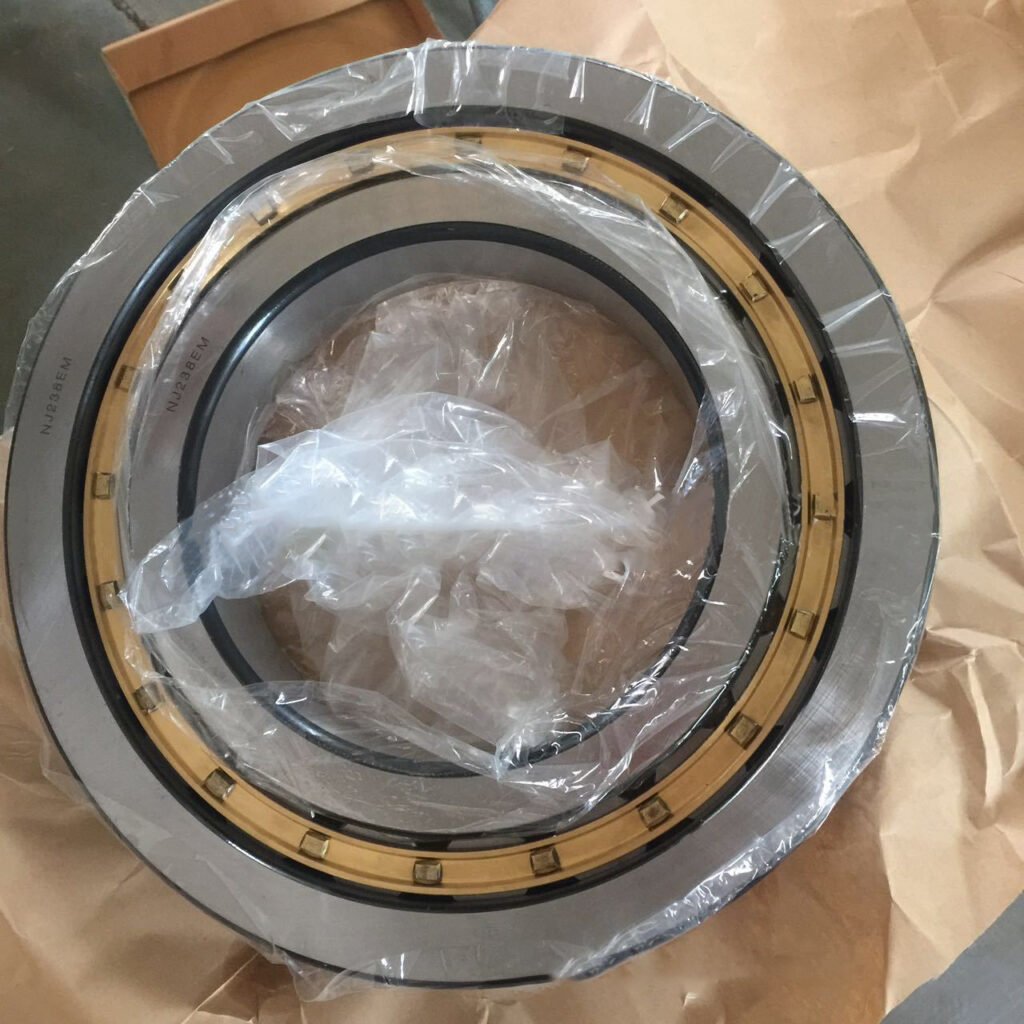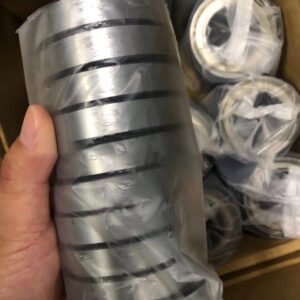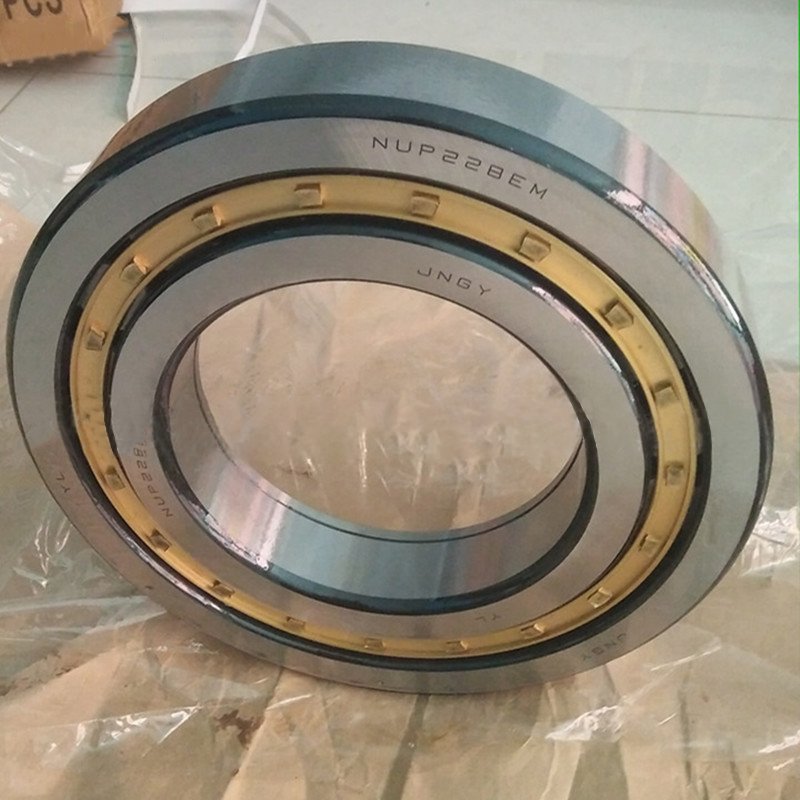In bearing operation, lubricant is as critical as the bearing itself. However, the use of inferior-quality or expired lubricants remains a common yet often underestimated issue among equipment users and even some distributors. As a bearing application engineer, I’ve witnessed numerous premature failures caused not by bearing defects—but by lubrication problems.
This article provides a technical explanation of how substandard or degraded lubricants compromise bearing performance, damage mechanical systems, and ultimately result in costly downtime for users and reputation damage for distributors.

The Purpose of Bearing Lubrication
Lubrication serves five critical functions in rolling bearings:
- Reduces friction and wear
- Prevents metal-to-metal contact
- Dissipates heat
- Protects against corrosion
- Seals against contaminants
When a lubricant fails to perform any of these functions—due to poor formulation, degradation, or expiration—the bearing’s working conditions rapidly deteriorate.
Common Problems Caused by Inferior or Expired Lubricants
1. Increased Friction and Heat Generation
Low-quality lubricants often lack sufficient viscosity, film strength, or anti-wear additives. When these properties degrade with age or are insufficient by design:
- Rolling elements lose the oil film barrier
- Metal-to-metal contact increases
- Heat builds up due to excessive friction
- The bearing temperature rises beyond operational limits
This accelerates internal wear, leads to cage deformation, and increases the risk of seizure.
2. Accelerated Surface Fatigue and Spalling
Poor lubrication conditions lead to micro-pitting and eventually surface fatigue. Without a stable lubricating film, high contact stress between raceways and rolling elements causes early material failure.
3. Corrosion and Rust
Expired lubricants often lose their moisture-inhibiting properties. Additionally, inferior lubricants may contain contaminants or unstable base oils that attract moisture, leading to rust, corrosive wear, and startup seizure.
4. Lubricant Oxidation and Acid Formation
Over time, lubricants undergo oxidation. This results in sludge, acid formation, and varnish, which interfere with bearing movement and cause surface damage.
5. Contamination and Particle Intrusion
Inferior lubricants often contain unfiltered particulates that cause abrasive wear and embed into bearing raceways, accelerating wear.
6. Premature Grease Hardening or Oil Separation
Degraded greases lose consistency, causing oil to separate or harden—blocking bearing rotation and increasing friction.
7. Failure of High-Speed or High-Load Bearings
Specialized equipment using hybrid or high-speed bearings may fail quickly if lubricants lack the correct thermal stability or additive package.
How to Identify Lubricant Quality Issues
| Checkpoint | What to Look For |
| Expiration date | Follow manufacturer guidelines strictly |
| Appearance | Separation, discoloration, sludge, or foaming |
| Odor | Rancid, burnt, or acidic smell |
| Certifications | ISO 6743, ASTM D445, DIN 51517 |
| Storage conditions | Avoid exposure to heat, moisture, and air |
Characteristics of a Qualified Bearing Lubricant
To ensure reliable bearing performance, a qualified lubricant must meet the following technical criteria:
- ✅ Stable Viscosity Across Temperature Ranges
A quality lubricant maintains proper film thickness from startup to full operating temperature without thinning excessively or thickening under cold conditions.
- ✅ High Oxidation Resistance
Top-tier lubricants resist degradation caused by heat, oxygen, and operational stress—reducing the formation of varnish, sludge, or acidic compounds.
- ✅ Low Volatility and Evaporation Loss
Premium lubricants do not evaporate quickly under high-speed rotation or elevated temperatures, ensuring longer service life and fewer top-ups.
- ✅ Anti-Wear and Extreme Pressure (EP) Additives
Advanced lubricants contain specialized additives to protect bearings operating under high loads or shock conditions.
- ✅ Excellent Water and Contaminant Resistance
A qualified lubricant repels moisture, dirt, and corrosive particles, maintaining clean internal bearing surfaces.
- ✅ Chemical Compatibility
It must not react negatively with seals, cages, or bearing materials—ensuring long-term chemical stability and no component degradation.
- ✅ Certified Quality
Reliable lubricants are manufactured under strict ISO/ASTM standards, with technical data sheets (TDS) and safety data sheets (SDS) available for industrial users.
Trusted Global Lubricant Brands for Bearings
For industrial bearing users and distributors, the following brands have long-standing reputations for quality, consistency, and innovation:
- SKF (LG series greases) – Developed by one of the world’s top bearing manufacturers, optimized for rolling elements.
- Mobil (SHC series) – High-performance synthetic oils and greases for extreme conditions.
- Klüber Lubrication – Precision-engineered specialty lubricants for OEMs and high-speed machinery.
- Shell (Gadus series) – Widely used industrial lubricants with excellent oxidation and water resistance.
- Fuchs Lubricants – German-engineered solutions known for energy efficiency and long service intervals.
- Castrol (Alphasyn and Tribol lines) – Advanced formulations for heavy-load and high-speed applications.
These brands invest heavily in R&D and maintain robust global distribution networks, making them reliable partners for B2B buyers and technical end users alike.
Recommendations for Distributors and Bearings End Users
- ✅ For Distributors:
- Source lubricants only from reputable, certified suppliers.
- Include lubricant expiration management in your warehouse system.
- Provide training on lubricant quality and storage to your resellers.
- ✅ For Bearings End Users:
- Use only lubricants compatible with your bearing design and application.
- Replace expired lubricants even if not fully used.
- Monitor lubricant conditions during maintenance using visual or lab checks.
Conclusion
A bearing is only as reliable as the lubricant that supports it. Using qualified, certified, and properly stored lubricants ensures optimal bearing performance, longer lifespan, and reduced risk of mechanical failure. For distributors and wholesalers, promoting premium lubricant products strengthens your brand and supports your customers’ equipment reliability.
When selecting lubricants, prioritize technical specifications, stability, and brand reputation—because in bearing performance, lubrication is not a cost—it’s an inve
Please click on the link below to read more about bearing lubrication expertise.

